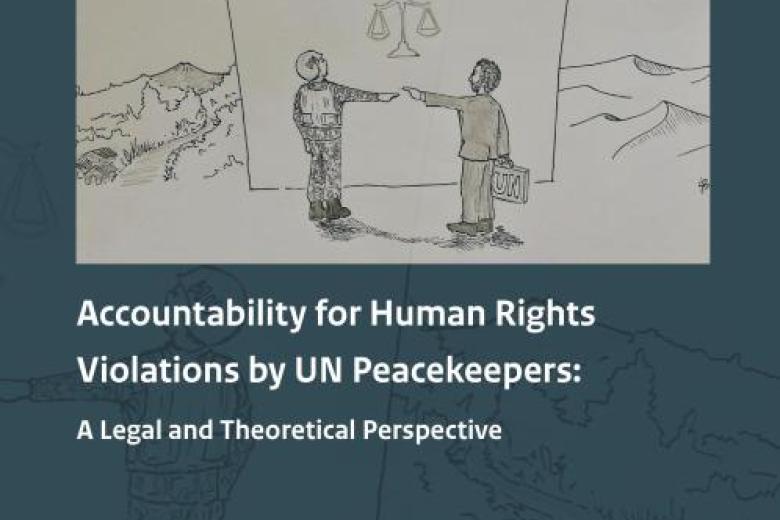Tackling drug related organised crime requires determining course
In recent years, additional financial resources haven allowed launching various local, regional and national projects to tackle and frustrate drug related organised crime. As a result, more awareness has arisen in the Netherlands about the seriousness of this problem and the need to tackle it together. However, the question whether that approach is based on the right foundations and assumptions, is hardly ever asked. It is therefore high time to determine course, according to research by Maastricht University and Erasmus School of Law, Erasmus University Rotterdam.
Commissioned by the Research and Documentation Centre (WODC), Hans Nelen (UM), Karin van Wingerde (EUR), Lieselot Bisschop (EUR) and Roland Moerland (UM) closely followed the developments of the reinforcement movement about drug related organised crime from May 2019 to November 2022. Their action-oriented and process-evaluation research shows that a lot has been set in motion in a relatively short amount of time to create barriers against drug related organised crime and to develop and implement smarter interventions. At the same time, the researchers note that there are major challenges in setting up sustainable forms of cooperation. The first findings on this were shared in the intermediate report of 2021. Moreover, the literature review demonstrated that other evaluation studies that have appeared on the topic of drug related organised crime in recent decades also point to the same challenges. The researchers therefore recommend recalibrating the fixed principles and working methods that have been shaping the approach to organised crime for decades.
Broadening the view of the problem
First, the researchers argue for a broader view of the problem of drug related organised crime. It should not only concern drug crime, but also other relevant forms of crime and societal challenges that relate to organised crime. Think of human trafficking, labour exploitation, environmental crime or cybercrime, but also white-collar crime. In addition, more attention should be paid to the cross-border aspects of organised crime and to stepping up cooperation with neighbouring countries. The (fashion) term of ‘subversive’ crime (‘undermining’, ‘ondermijning’ in Dutch) should also be replaced by the term organized crime. According to the researchers, this provides better guidance, certainly in the international debate.
Reflection on structure and cooperation
Secondly, the researchers recommend recalibrating the foundations of the approach. For example, the objectives of a project should determine which parties collaborate with each other. Not everything and nor everyone to be connected and consulted, as often happens now. The researchers also call for a reflection on the structure of investigations and of how the Police, Royal Netherlands Marechaussee and four special investigation services relate to each other. They are increasingly working in each other's fields, while the model assumes organisations operate side by side. The Public Prosecution Service should also claim a more visible role in the approach. In addition to directing the investigative process, the Public Prosecution Service can also stimulate public debate about a balance between security and the protection of the rights of individual citizens. Finally, the researchers argue in favour of making working for the government more attractive. In this way, expertise needed for the further development of the approach to organised crime, such as data analysis, intelligence, finance and leadership, can be sustainably linked to the projects.
Also read
-
Legal redress for victims of UN soldiers
“Wie als slachtoffer zijn recht zoekt, verdwaalt gemakkelijk in juristerij en een wereld waarin veel onbestraft blijft”, aldus Steven van de Put, promovendus aan de universiteit Maastricht. “Dit moet én kan anders. Het kan niet zo zijn dat individuen of groepen van individuen die iets ergs is overkomen...
-
Cross-border inter-organisational cooperation in crime control
The Netherlands Organisation for Scientific Research (NWO) has awarded a grant under the SGW open competition to a research proposal written by Prof Dr Math Noortmann (Institute for Transnational and Euregional cross border cooperation and Mobility / ITEM) and Prof Dr J.B.M. Koning (UM School of...
-
Conference Criminal Law: Globalized crime and criminal justice: European and international criminal law perspectives
This conference aims to compare and critically assess the developments in European Criminal Law and International Criminal Law. The conference sets out to analyse differences and similarities with regard to a variety of different aspects of criminal justice in a globalized world.